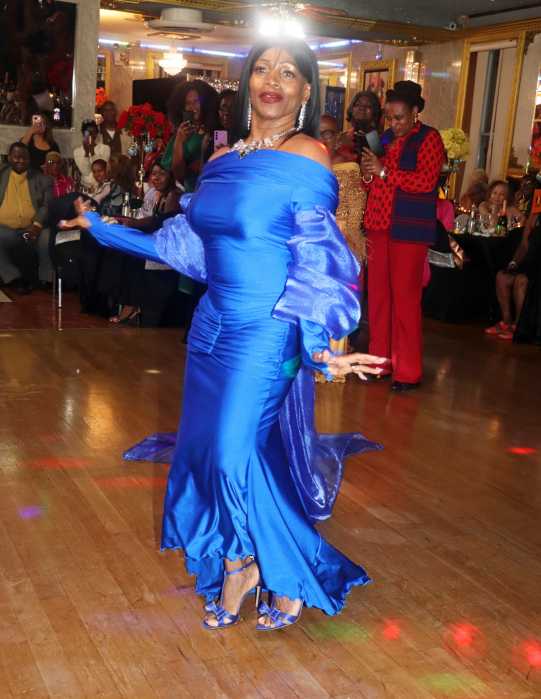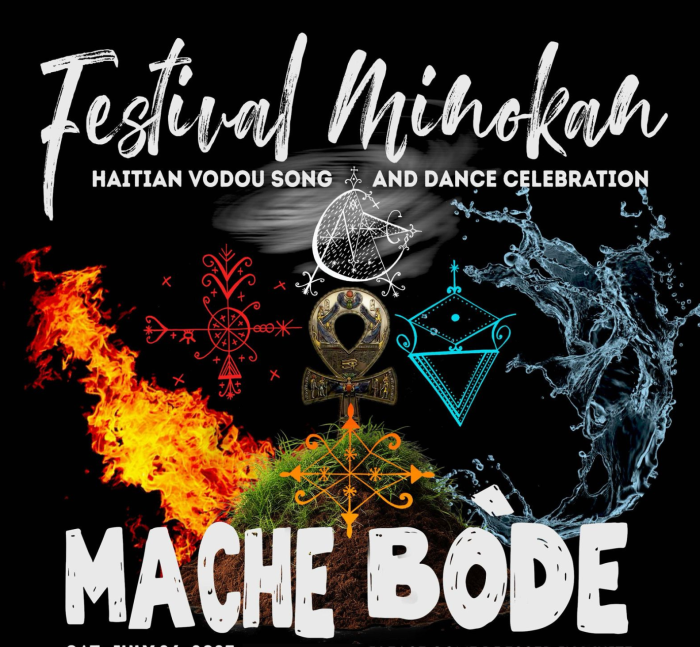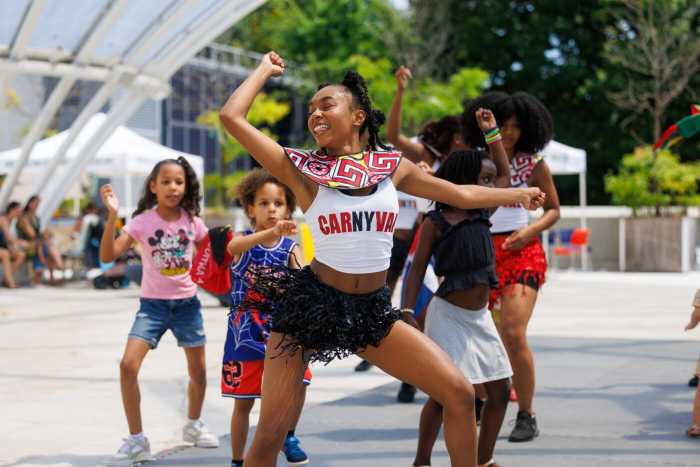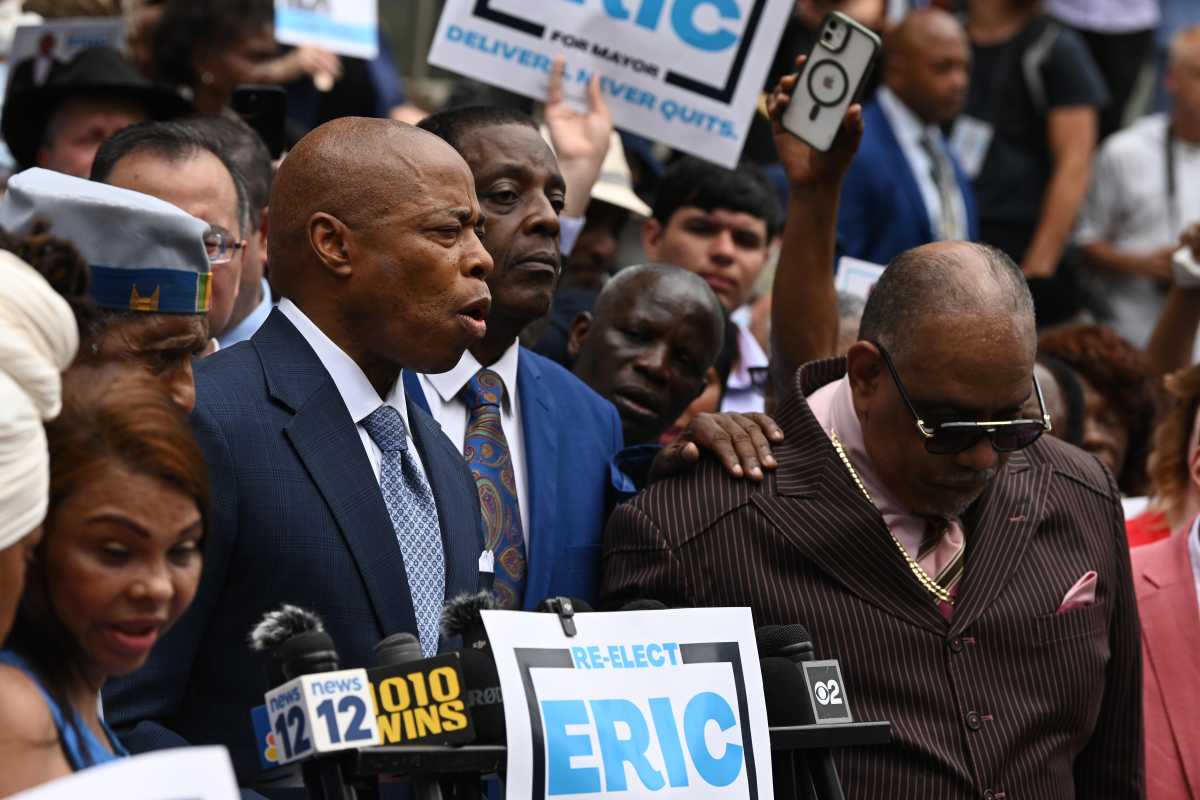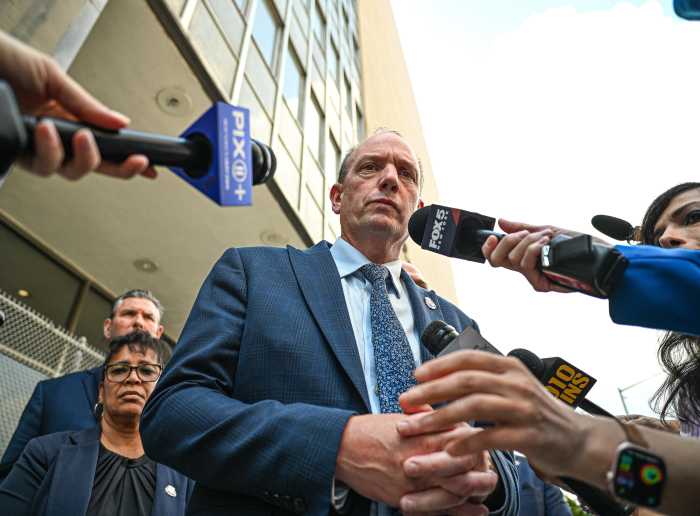The Bronx-based Garifuna Coalition USA, Inc. says while it is proud to celebrate Caribbean-American Heritage Month 2018 and the contributions of Caribbean-Americans throughout the United States, it is also pleased to announce the Second Garifuna Homecoming to St. Vincent and the Grenadines in July next year.
The coalition said on Friday that it has had initial conversations with St. Vincent and the Grenadines’ Ministry of Tourism, Sports and Culture about the event in celebration of the 40th anniversary of the country’s independence on October 27, 1979 and “the reunification of the Garifuna people.”
“As descendants from Africans, who intermarried with the indigenous inhabitants who settled in St. Vincent and the Grenadines, the Garifunas are part of the unique cultures and melting pot of ethnicities that have their roots in the Caribbean,” said Jose Aviles, the Honduran-born chairman of the Garifuna Coalition USA, Inc.
Youroumaÿn is the original Carib name for St. Vincent and the Grenadines. The name is spelled Yurumein in Central America.
The coalition said “221 years ago, everybody wondered if the Garifunas were going to survive as a people and live a long healthy life.”
Two years after the paramount Garifuna Chief Joseph Chatoyer was killed, on March 14, 1795, the Garifuna people were forcibly transferred from their native land of St. Vincent and the Grenadines to the island of Roatán, off the Caribbean Coast of Honduras.
From there, the coalition said they dispersed along the Atlantic coast of Honduras, Guatemala, Belize and Nicaragua.
While the British released some of the indigenous inhabitants in captivity and allowed them to stay, the coalition said they were relocated north of the Rabacca River on mainland St. Vincent “and forbidden from speaking their native language, leading to its extinction.”
“Two hundred and twenty-one years later, not only have the Garifunas survived’ they’ve thrived, while preserving the Arawakan language of their ancestors, customs cultural values and beliefs and have reconnected with the Garifuna indigenous people of St. Vincent and the Grenadines in New York City, home of the largest Garifuna population outside of Central America,” Aviles said.
He said the desire of the Central American Garifunas to reconnect with St. Vincent and the Grenadines has been demonstrated over the years by the re-enactment of the forcible transfer of the Garifunas from St. Vincent and the Grenadines and their settlement in Central America.
The re-enactment, dubbed “Yurumein”, is part of the Garifuna Settlement Day festivities celebrated on April 12 in Honduras, November 19 in Belize and Nicaragua, and Nov. 26 in Livingston (Labuga), Guatemala, Aviles said.
He said the traditional Garifuna song, “Yurumein,” is recognized as the international anthem of the Garifuna people and precedes all cultural events.
Aviles said this desire has been memorialized in songs, such as the late Andy Palacio’s “Keimoun Yurumein.”
“According to Andy, ‘Keimoun Yurumein,’ simply put, means ‘Let’s go to St. Vincent,’” Aviles said.
“There is a deeper meaning though; it is about satisfying that Garifuna nostalgia for our original homeland,” he added. “Hence I wrote ‘The voice of my ancestors, calling, calling. From the land of my forefathers, calling calling. Keimoun Yurumein!’” being forcibly transferred, such had not been the case with St. Vincent and the Grenadines “Youroumaÿn” the Ancestral Homeland of the Garifuna People.
As part of its cultural reclamation and preservation efforts, Aviles said the Garifuna Coalition USA, Inc. organized the first Garifuna Reunion in St. Vincent and the Grenadines from July 18 – 23, 2009.
He said it was “an integral component” of Vincy Homecoming 2009 in celebration of the 30th anniversary of the independence of St Vincent and the Grenadines.
“Two hundred and twenty-two years later, the Garifuna Coalition USA, Inc. will once again respond to the voice of our ancestors in the land of our forefathers by organizing the Second Garifuna Homecoming to St. Vincent and the Grenadines ‘Youroumaÿn,’” Aviles said.
He said the celebration will “provide an opportunity for the Garifuna Diaspora to get to know and reconnect with their ancestral homeland Youroumaÿn and long-lost relatives to reclaim their history, identity and contribute to the renaissance of the Garifuna heritage and culture in Youroumaÿn, the ancestral homeland of the Garifuna people.”




